CBSE Revision Notes, Syllabus and HOT's Questions

The CBSE Board is one of the most prestigious educational boards in India. It aims to give holistic and healthy education to all its students so that learners can get adequate space to develop physically and mentally. The Central Board of Secondary Education (CBSE Board) is known for its comprehensive syllabus and well-structured examination pattern which helps students to get a complete idea about the entire curriculum. There are around 20,102 schools under the CBSE board which follows the NCERT Books.
The academic session of CBSE Board 2020 will starts in the month of June/July. Here we have defined the important points related to the CBSE Board examinations, admit card and results.
It is expected that for the academic session 2019-2020 the date for the release of admit card and as well as date sheet will tentatively remain the same. However, the exact dates will be declared by the CBSE board in the official site.
CBSE Syllabus and Important Questions

The syllabus is an important study resource for the students. It not only gives an overview of what students going to study during the academic session but also helps them it tracking the topics that they have covered. So, here we have given the CBSE syllabus for all the class 6th to 12th. Moreover, we have also given the CBSE important questions for class 8th to 12th that are most likely to be asked in the examinations.
CBSE Revision Notes

Once students resolve all the questions of CBSE Books then they start with the revision. For this they want notes. So, we have provided revision notes that will help students in their revision when examinations are near to its conduct.
Download Here CBSE Revision Notes for Class 6th to 12th

CBSE HOTs Questions

CBSE Board releases HOTs Questions every year. These papers are published prior to the examinations so that students can do the practice. The students should practice HOTs Questions to gain perfection which will help him to get good marks in CBSE examination. Based on CBSE and NCERT guidelines same pattern as released every year.
You Can Download Here CBSE HOTs Questions for Class 8th to 12th
Check Here CBSE HOTs Questions for 12th Class

Check Here CBSE HOTs Questions for 11th Class

Check Here CBSE HOTs Questions for 10th Class

Check Here CBSE HOTs Questions for 9th Class

Check Here CBSE HOTs Questions for 8th Class

CBSE Lab Manual

Science Learning does not mean merely gaining knowledge about facts and principles rather it is a path which is enlightened by scientific truths and verified experimentally. Keeping these factors in mind, lab manual for Class 10th Science have been planned, evaluated under subject Enhancement Activities. Experimentation is not limited to a classroom. It is connected to the daily event of our life.
You Can Download Here CBSE Lab Manual for Class 9th to 12th
Check Here CBSE Lab Manual for 12th Class

Check Here CBSE Lab Manual for 11th Class

Check Here CBSE Lab Manual for 10th Class

Check Here CBSE Lab Manual for 9th Class

CBSE Marks Wise Questions

One of the best way to prepare for CBSE exam is by practising the previous year questions. Students will get a complete idea about the examination pattern and the marking scheme. It will also make students familiar with the question weightage and the difficulty level asked in the exam. Some other benefits of solving the CBSE Important Marks Wise Questions are provided in the points below.
- Develops time management skills
- Improves speed and accuracy
- Helps in brushing up the concepts more effectively
- Helps to overcome fear before the examination
- Helps in rectifying weak areas and mistakes
You Can Download Here CBSE Marks Wise Questions for Class 9th to 12th
Check Here CBSE Marks Wise Questions for 12th Class

- CBSE Maths Marks Wise Questions for 12th Class
- CBSE Physics Marks Wise Questions for 12th Class
- CBSE Chemistry Marks Wise Questions for 12th Class
- CBSE Biology Marks Wise Questions for 12th Class
- CBSE Business Studies Marks Wise Questions for 12th Class
- CBSE Macro Economics Marks Wise Questions for 12th Class
- CBSE Micro Economics Marks Wise Questions for 12th Class
Check Here CBSE Marks Wise Questions for 11th Class

- CBSE Maths Marks Wise Questions for 11th Class
- CBSE Physics Marks Wise Questions for 11th Class
- CBSE Chemistry Marks Wise Questions for 11th Class
- CBSE Biology Marks Wise Questions for 11th Class
- CBSE Business Studies Marks Wise Questions for 11th Class
- CBSE Indian Economic Marks Wise Questions for 11th Class
Check Here CBSE Marks Wise Questions for 10th Class

Check Here CBSE Marks Wise Questions for 10th Class

Check Here CBSE Marks Wise Questions for 9th Class

CBSE Topper Answer Sheets

In this part, you will get CBSE Topper Answer Sheets because Students preparing for CBSE board examinations often ask questions related to the presentation of answers in answer book of board exam like how to write in the exam to get better marks. After going through these CBSE Model Answer Booklets, students will get answers to all such queries. The action taken by CBSE officials was good as this will help students to understand where they lack in their answers and they can learn the strategy to get high marks as well.
CBSE Question Paper Analysis

Here, Selfstudys provides a yearly update of the exam paper analysis of the CBSE of all subjects. The marks got in these exams will help students to get into prestigious schools and decide their future courses. Having an idea of the CBSE Question Paper Analysis will help the students develop an understanding of the exam pattern of the questions appears in the CBSE question papers. This will help students in their preparation for the upcoming board examinations to get ace the exam.
You Can Download Here CBSE Question Paper Analysis for Class 10th and 12th
Check Here CBSE Question Paper Analysis for 10th Class

Check Here CBSE Question Paper Analysis for 12th Class

CBSE Important Information

CBSE Board is one of the most preferred boards in the country and the reasons are many. CBSE Board is behind maintaining uniformity among all the students across India. Its effectiveness is reflected in the number of schools affiliating with it each year. It covers the basic and general knowledge required for a child to move forward in terms of education.
CBSE Exam Pattern

Students reading in Central Board of Secondary Education are evaluated in two areas:
Scholastic: In this students are focused on core academic parts. All the main subjects like social science, maths, science and language subjects are taught to them.
The academic year of the Scholastic section is divided into two terms which are Formative Assessment and Summative Assessment are conducted to evaluate the academic concepts.
- Formative Assessment: In the primary classes the formative assessment tests are in the form of projects & assignments, storytelling, elocution, dictation, homework, class test, oral tests, memory test, quiz etc.
- Summative Assessment: Here students are examined internally. Summative Assessment is conducted at the end of every year. The examinations are conducted by the school in pen and paper mode.
- CBSE Biology Question Paper Analysis for 12th Class
Co-scholastic: This section includes other activities such as art, music, craftwork, games, and sports etc. which are necessary for the development of a student. This has been added to make students healthy as it leads to better learning.
CBSE Books

CBSE books are the most reliable learning tools for students. Without books education is incomplete. CBSE board follows the NCERT books for all the classes from 1st to 12th. These e-Books are also available on our website. The textbooks are written in easy language and covers the whole syllabus. The question paper is also created from these NCERT textbooks.
CBSE Practical Exam

Practical is also important as the theory. It improves learning, promotes basic skills and creates interest in students. The practical is introduced by CBSE in 9th, 10th, 11th and 12th class. Till 8th class, there are no practical instead they have projects and models.
The board ensures that all associated schools have the necessary infrastructure to carry out the experiments. It supports the laboratory work in the school system so that students read the things by doing it. The board also conducts the practical examinations similar to that of theory.







 Profile
Profile Signout
Signout
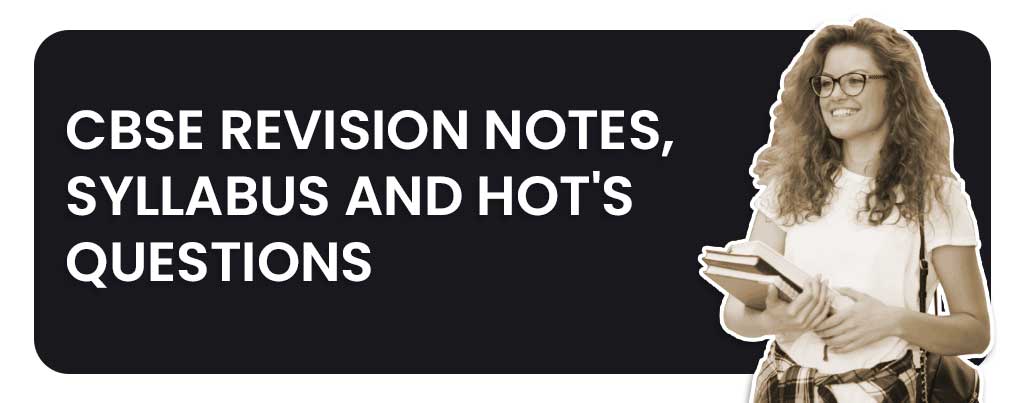




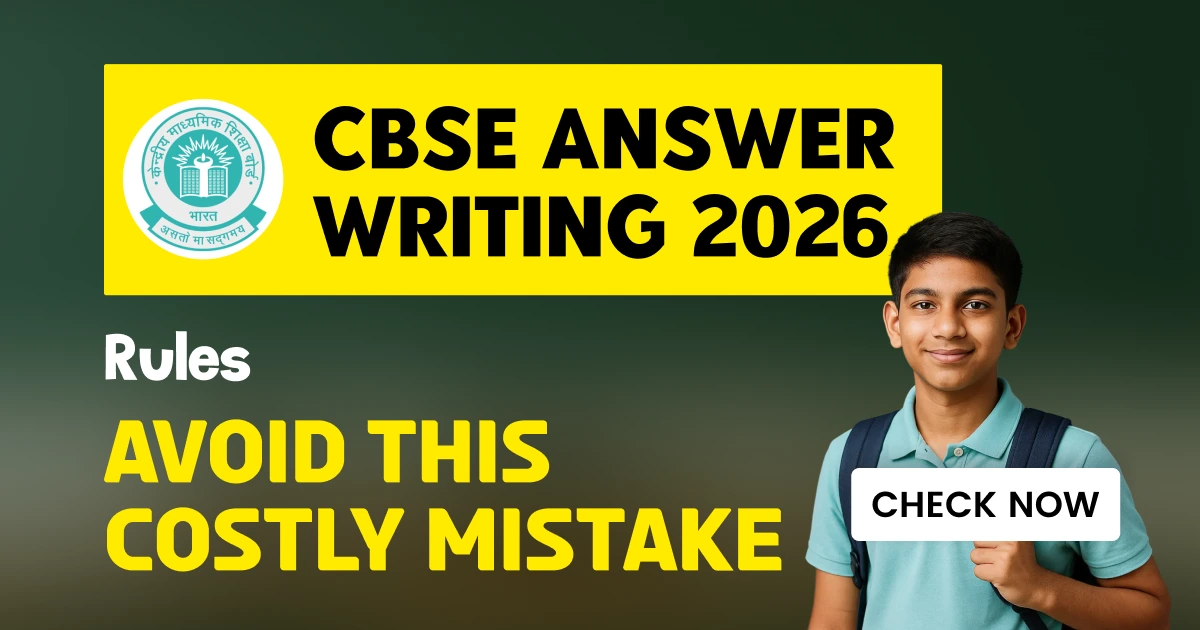
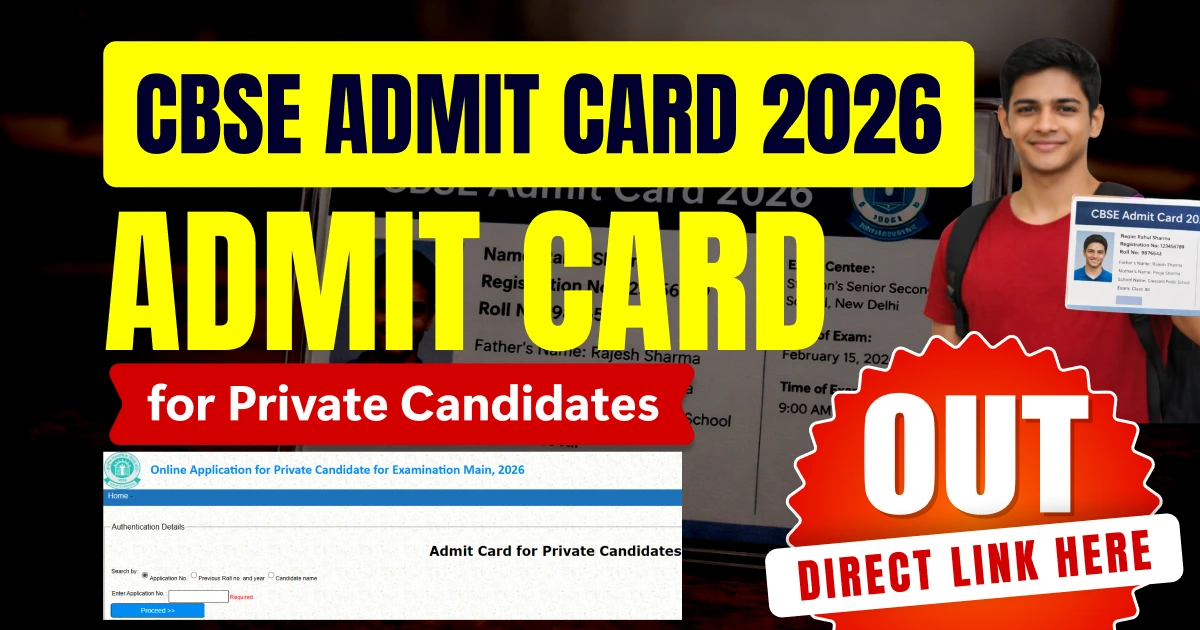
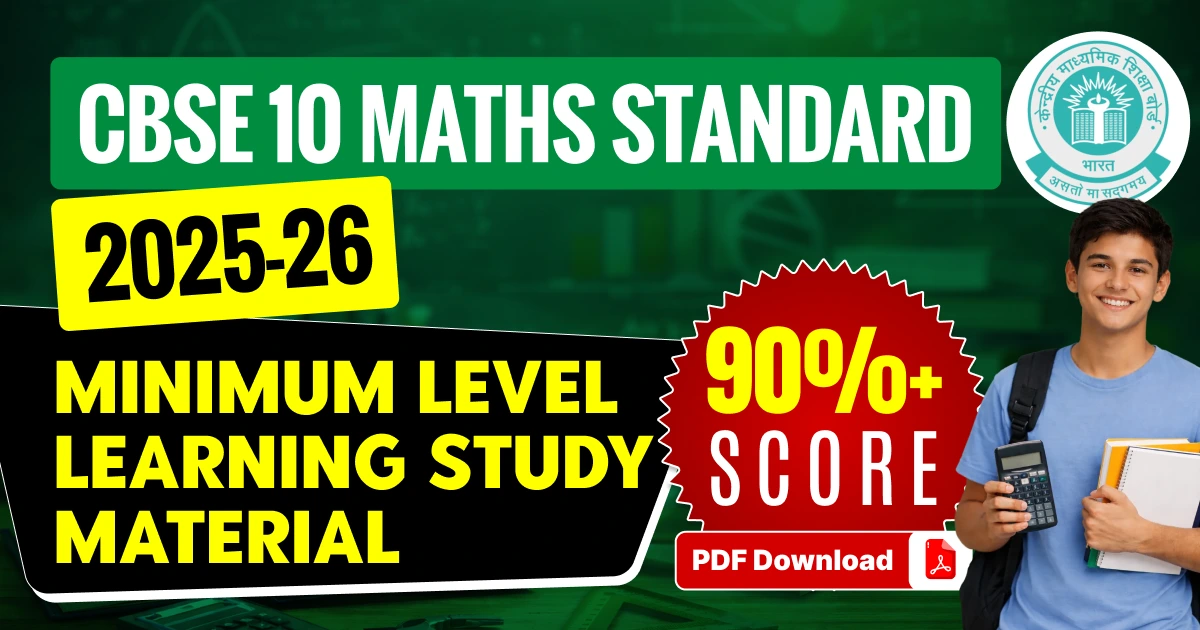
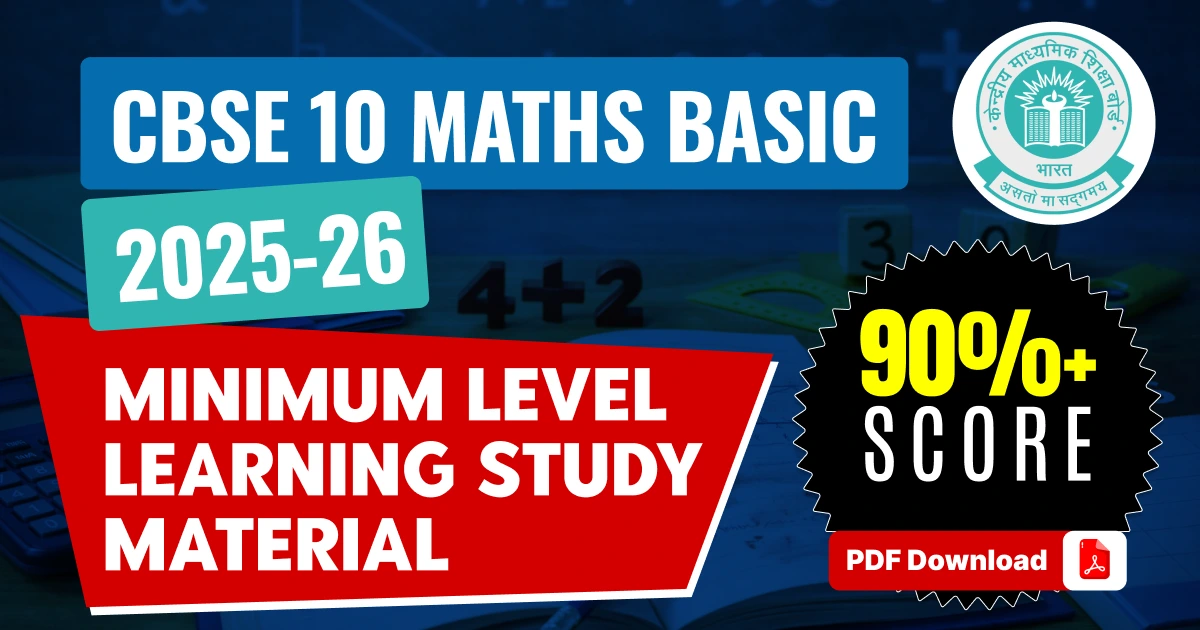
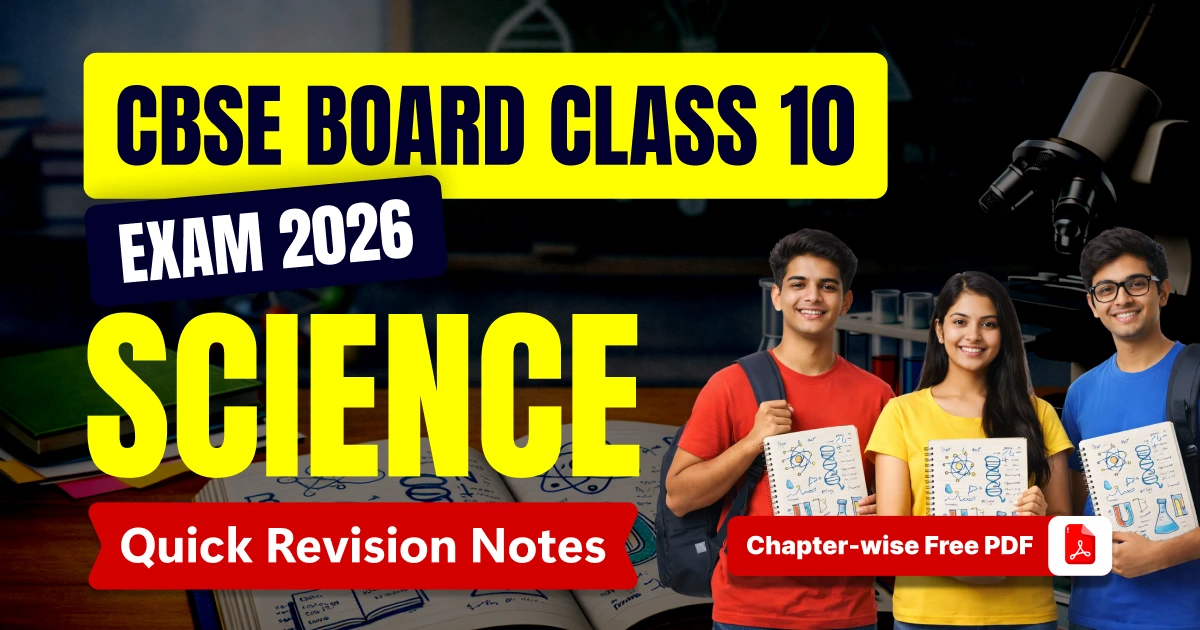
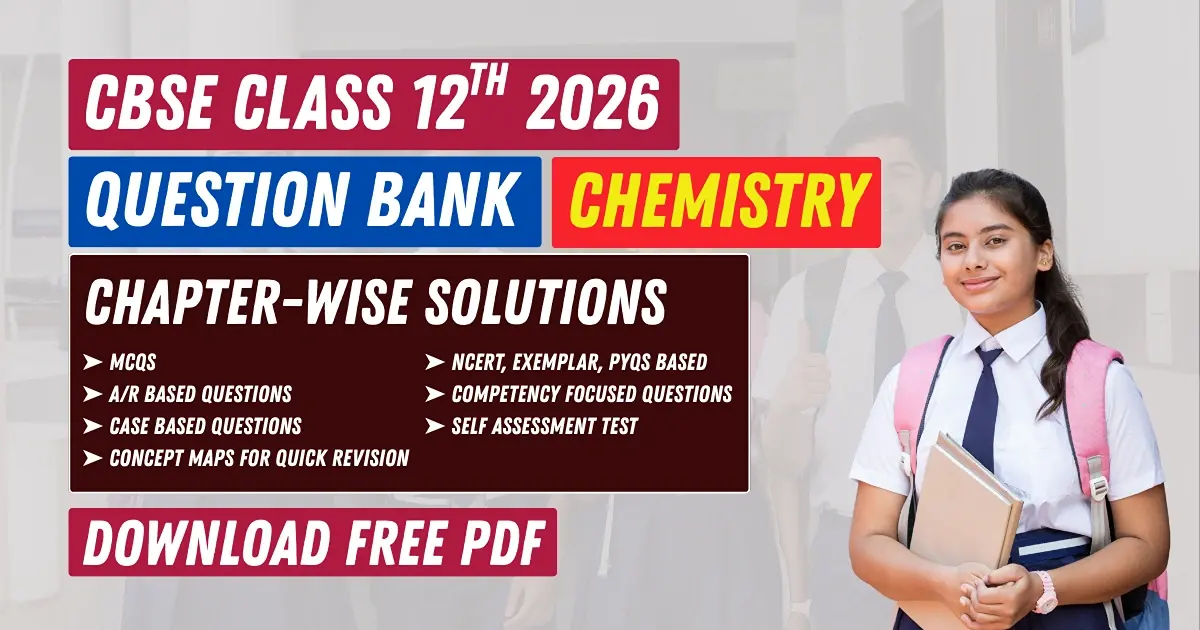









 Quiz
Quiz
 Get latest Exam Updates
Get latest Exam Updates 










